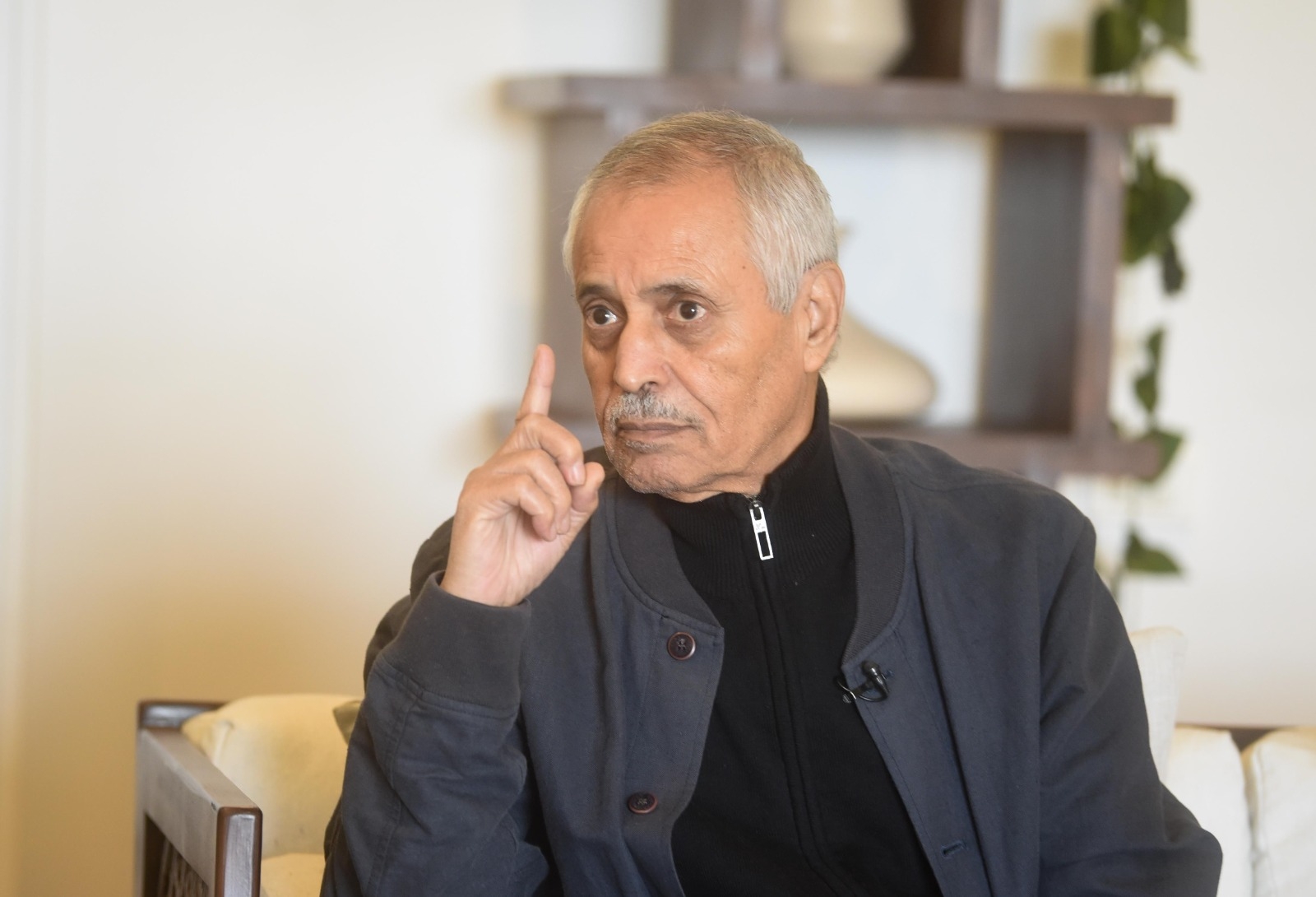Strike on Hamas headquarters in Qatar achieves central objective — what next?
Al-Khamisa News Network - Gaza

By Hassan Asfour
Many saw Israel’s bombing of Hamas’s leadership headquarters in Doha on Tuesday, Sept. 9, 2025, as an uncalculated surprise and a crossing of “red lines”, given Qatar’s special role in backing the split project since January 2006 and sponsoring Hamas’s rule since June 2007 — a role Israeli leaders regarded as the most important strategic service to the Zionist project, alongside the presence of the U.S. Al Udeid base, the largest in the region.
But the real surprise would have been if that direct strike had not occurred, because signs had already become clear days earlier after Mossad said it had drawn up a plan to assassinate Hamas leaders abroad, excluding no country. Thirty-six hours before the attack, Qatar’s Prime Minister Mohammed bin Abdulrahman urged Hamas’s leadership to immediately accept the latest U.S. proposal for a ceasefire — the first such public appeal since November 2023 — a statement that spoke to what was to come, while the U.S. president warned that Hamas’s rejection would carry a very heavy price for it and upon it.
The indicators were never ambiguous, and any suggestion of exempting Qatar from the Israeli plan was merely a “cloud” intended to politically obscure the essence of Israel’s strategy, which Prime Minister Benjamin Netanyahu declared 48 hours after the Oct. 7 attacks, saying the process of changing the Middle East had begun in the presence of U.S. President Biden and Secretary of State Blinken — a statement many Arab officialdoms, from the Atlantic to the Gulf, tried to dismiss as passing words.
The reality that has been emerging for months is that the Qatari mission launched in 2005 to strengthen Hamas against the Palestinian Authority and to build a parallel rule serving the Judaization vision has effectively ended. It no longer has future relevance with the end of Hamas’s rule and presence, and it will have no place in the day after the Gaza war.
By striking Hamas’s headquarters in Doha, Tel Aviv is officially announcing the end of Qatar’s two-decade role and signaling that it is not a state desired for the future. This is the most important matter to consider about the Israeli military action before discussing the assassination of Hamas’s leadership, a task that is not beyond Israel’s reach; its security capabilities have been demonstrated in past operations from Tehran to Beirut, and in the elimination of the movement’s political-military leadership in the Gaza Strip, with the exception of no more than two individuals.
To claim that the aggressive operation failed in its aim to assassinate Hamas’s leadership and that they escaped is nothing but a political farce and compounded naivety, because the key issue was not the bodies targeted but the host country itself, which served as a protective shield. It is an explicit declaration that Hamas’s leadership will no longer enjoy the luxury of life they had before Sept. 9. They will enter a “tunnel” like Gaza’s tunnels, and must discuss any proposal from a new location under new realities and conditions. Acceptance then would mean a humiliating surrender that would end any pretense of their link to the Palestinian interest, while rejection would close the tunnel door on them completely.
For Israel to be made to pay for the aggressive strike, there must be a collective Arab response that turns the “red line” into a political reality, beginning with the following steps:
* Withdraw all ambassadors from Tel Aviv and suspend relations with it.
* Halt all economic relations with Israel.
* Prohibit use of Arab airspace by Israeli aircraft.
* Impose entry bans on officials of the Israeli government, led by Netanyahu.
* Publish a blacklist of those involved in the mass killing in the Gaza Strip, both politicians and military figures.
* Submit a request to the UN General Assembly to move UN sessions to Geneva if the U.S. continues to block the Palestinian delegation.
* Submit a request to suspend Israel’s UN membership until it accepts UN resolutions, especially recognition of the State of Palestine.
* Reclassify the Zionist movement as a racist movement.
* Stop investment flows to the United States.
* Study suspending security and military cooperation with the United States.
* Deepen relations with Russia and China as a balancing duo to the United States.
Some of these steps may be beyond the capacity of certain Arab states, but there are certainly measures that can be implemented, assuming that Arab political dignity is a true “red line”.
Objectively, Israel’s strike on Hamas’s headquarters in Doha achieved its central goal, and the matter will not end with the survival of individuals who are now under complete control. The day after will be a long absence in a dark tunnel.
Note: Twenty-five years ago the unique national figure Bashir al-Barghouti passed away — a human before a politician, a patriot long before a communist, a collective leader before he was general secretary of a party or faction. Abu al-Abed is gone and his impact remains here… the people mourn and the immortal people’s leader Yasser… O my comrade and my intellectual and political mentor, you were a decisive force for me at critical moments when partisan “ignorance” nearly toppled causes of great national value. Peace to you, Abu al-Abed…






